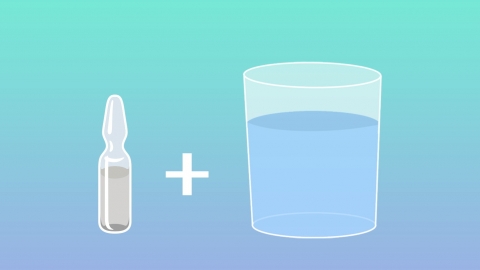Can patients with kidney stones use calcium gluconate?
Under normal circumstances, calcium gluconate is commonly available in oral solutions, chewable tablets, and similar forms. Patients with kidney stones whose condition is stable and who do not have hypercalcemia may, under medical guidance, use calcium gluconate as directed by a physician. However, for patients with kidney stones accompanied by hypercalcemia or frequent kidney stone episodes, the use of calcium gluconate may not be recommended. Prior to use, patients should consult their doctor and follow medical advice and instructions. A detailed explanation is as follows:

For kidney stone patients without hypercalcemia, if they also suffer from conditions such as osteoporosis requiring calcium supplementation and their kidney stone condition is stable without being in an acute phase, they may appropriately use calcium gluconate under a doctor's supervision. Calcium gluconate can help regulate the body's calcium balance and prevent other health problems caused by calcium deficiency.
Patients with kidney stones accompanied by hypercalcemia should avoid using calcium gluconate. Hypercalcemia can lead to excessive deposition of calcium salts in the kidneys, thereby worsening stone formation and increasing their size. If a patient experiences frequent kidney stone episodes and stone composition analysis indicates a strong association with calcium salts, using calcium gluconate may pose significant risks, potentially exacerbating stone formation or causing recurrence.
While supplementing with calcium, patients with kidney stones should maintain adequate water intake to promote stone excretion and reduce the risk of stone formation.










